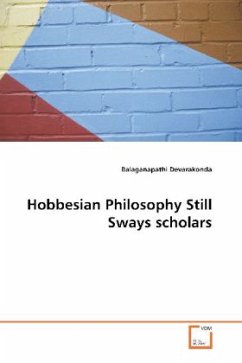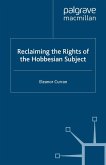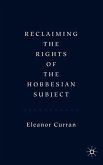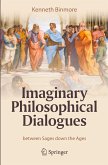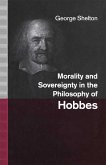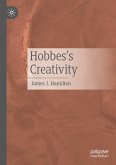This work traces the reasons for the sudden emergence of diverse interpretations of Hobbes in the twentieth century. It identifies the developments in the relationship between science and philosophy to be the main reason for this phenomenon. The tenability of Hobbesian philosophy which is founded on Newtonian and Galilean theories that were subsequently contended by Einstein''s Theory of Relativity is discussed in the light of the interpretations of four scholars Leo Strauss, A E Taylor, J H Warrender, C B Macpherson that attempted to provide alternative foundations such as Self-observation, Moral Imperative, Moral Obligation, Possessive Individualism, respectively. This book will be of considerable interest not only to the scholars of Hobbes, but also to those interested in the relationship between philosophy and science.
